Social Sciences
Combine three disciplines into your ideal academic plan
The Bachelor of Arts in Social Science is an interdisciplinary degree linking the fields of anthropology, government, history, psychology, and sociology. As a student, you'll choose a primary field to focus your studies within and two secondary concentrations that provide depth to your degree.
Meeting students’ career goals and academic objectives is built into the B.A. in Social Sciences, including methods of examining and solving problems of all types, preparing a writing portfolio, and a thorough grounding in academic methodologies and analytical approaches. The B.A. in Social Sciences enhances career possibilities and prepares students for direct entry into the job market or graduate school.
Social Sciences Degrees
Student Experience
Anthropology
Primary Field/Concentration
Anthropology examines human adaptation, variation, and change by analyzing culture, society, language, and biology. Courses span archeology, culture, linguistics, evolution, genetics, forensics, and demographics. Students also have opportunities to participate in practical study and research, ranging from archaeological fieldwork to interviewing Elders.
Anthropologists work in applied fields that use anthropological methods and theories to identify and solve contemporary social problems. Careers paths include teaching, working with state or federal agencies such as the Forest Service, the National Park Service, or health agencies, working with Tribal organizations or ANSCA village or regional corporations, in Forensic Anthropology with Law Enforcement, or in preservation and instruction of Alaska Native languages.

Government and Political Science
Primary Field/Concentration
Juneau, Alaska’s capital city, is the best place to study political science in the state. At UAS, students can study politics and government in an interdisciplinary environment. Our program focuses on the politics of the region and its interaction with the national and global communities. Alaska has an important government presence; a concentration in political science can lead to careers in politics and government, tribal or corporate settings, and the private sector.
As a capstone experience offered at the Juneau campus, all UA students may apply to the Senator Ted Stevens Legislative Internship Program. Working full-time with a state senator or representative, students earn college credit while participating in all the responsibilities of full-time legislative staffers. Duties include communicating with constituents, meeting with lobbyists and other legislative staff, and tracking and moving legislation throughout the session.
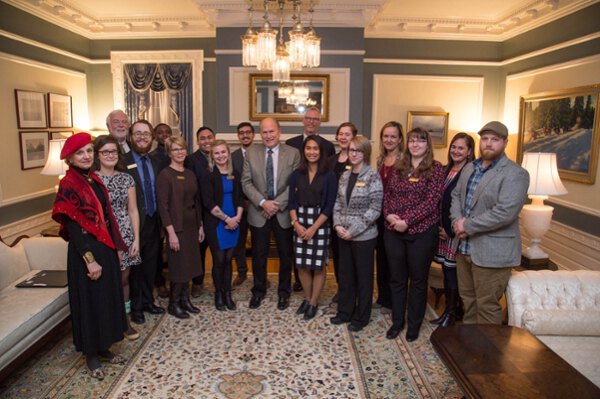
History
Primary Field/Concentration
History provides critical awareness of the ways that economic conditions, social classes, political institutions, cultural systems, and worldviews have shaped the lives of people. It also explains how the actions of various people, renowned and ordinary, collectively and as individuals, have shaped those historical forces.
Students complete a general introduction to U.S., World, or European history, then pursue specific interests through upper-division courses that require rigorous analysis and interpretation. Students in the field seek to understand and explain why important events occurred, how they developed and concluded, and what legacies those events have for us today. Of interest is what historical events and processes have meant for ordinary people in their personal and collective experience, and the degree to which history is shaped by large economic, social, political and cultural forces, and the extent to which individuals and groups exert influence upon these processes.
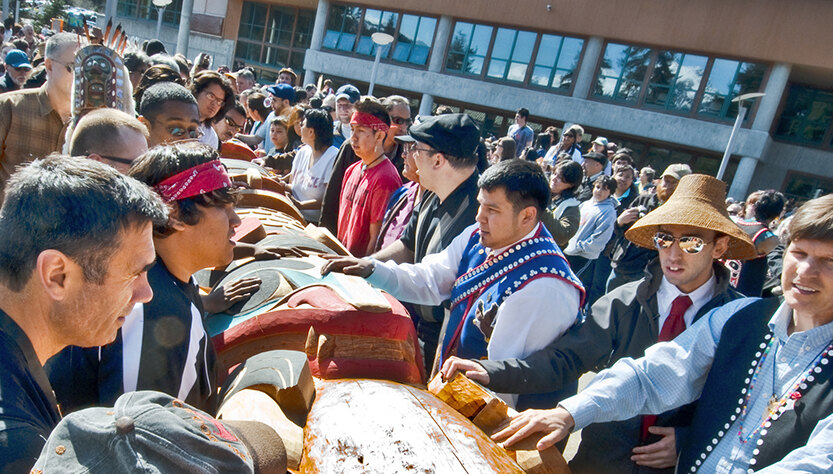
Psychology
Primary Field/Concentration
Psychology is the scientific study of how and why people think, feel, and behave as they do. Our scientific approach to understanding human behavior equips students with a solid foundation of analytical and research skills for careers in many fields.
The psychology curriculum provides a solid foundation in quantitative methods of the science, while also allowing students to individualize their educational experience. Upper-division electives have an empirical orientation, focusing on social, clinical, personality, and cognitive psychology. Students completing the program will be prepared to pursue a wide range of professional studies in psychology. Career options include academia, business, counseling, education, law, medicine, and social work.
Students who are looking for more direct, hands-on exposure to the field may also choose to complete an independent research project, a research or teaching assistantship, or an internship within our communities.
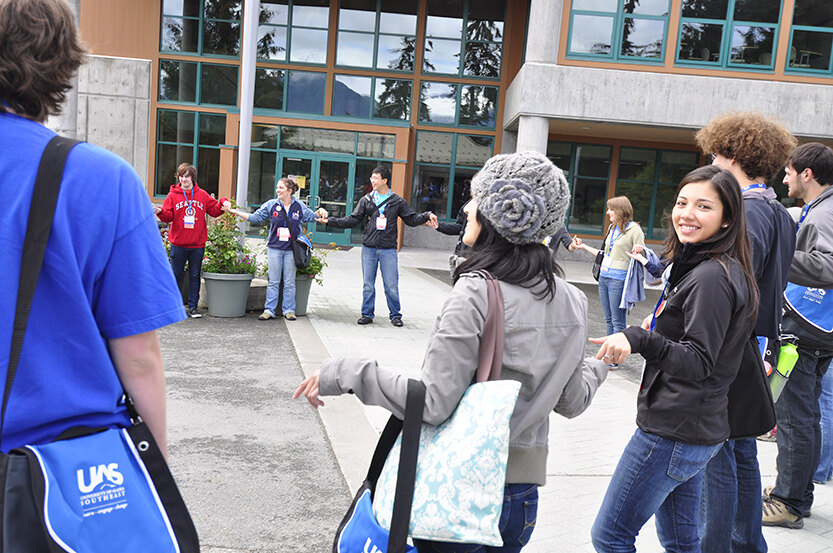
Sociology
Primary Field/Concentration
Sociology is the study of how we live together. The field combines scientific and humanistic perspectives to study urban and rural life, family patterns and relationships, social change, inter-group relations, social class, technology and communications, health care and illness, social movements, community responses to disasters, and contemporary social issues.
Students take classes in deviant behavior, close relationships, men, women, and change, medical sociology, race and ethnic relations, and more. Sociology provides many distinctive ways of looking at the world that generates new ideas and reassesses old ones.
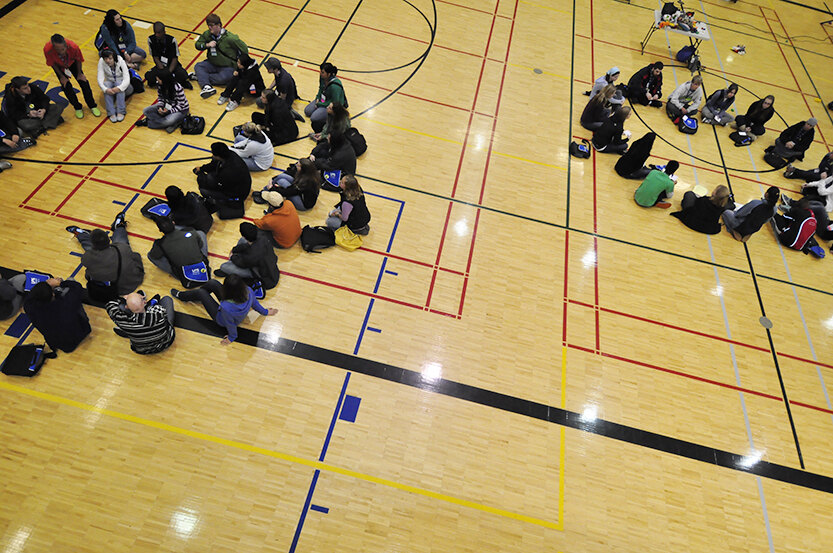
Start at UAS, Study Law at Willamette University with the Direct Admission Program
The 4+3 Direct Admission Program allows undergraduate students studying at UAS and UAS alumni to gain admission to Willamette Law based on certain academic credentials. When a student meets these credentials, they will be admitted to the Willamette School of Law and be guaranteed a Direct Admission scholarship of $10,000, renewable each year the student is enrolled at Willamette Law and remains in good standing.
“For UAS students considering a career in the law, our agreement with Willamette Law is a great opportunity which allows you to attend beautiful Willamette, receive your Juris Doctorate, and receive scholarship funding to support your time in law school.” — Dr. Glenn Wright, Faculty, UAS Social Sciences
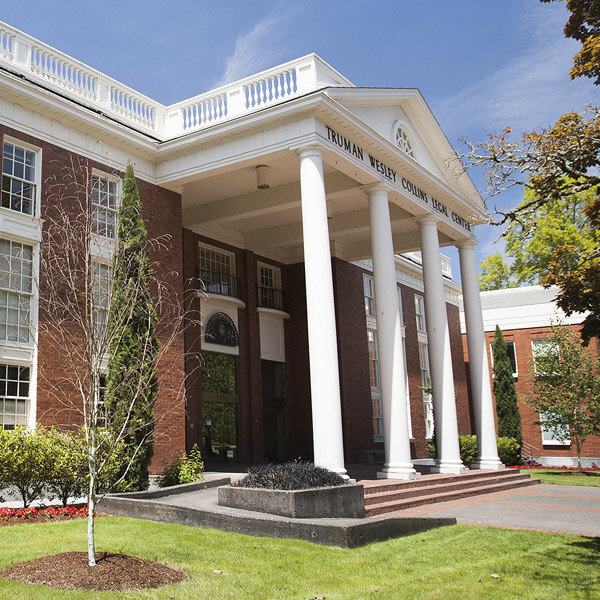
Senator Ted Stevens Legislative Internship Program
UAS B.A. Political Science alumna Elizabeth Bolling shared why she choose UAS and how her participation in the the Legislative Internship Program advanced her career and academic goals.
Senator Ted Stevens Legislative Internship Program
UAS alum Marcos Galindo, shares his experience participating in the Senator Ted Stevens Legislative Internship Program. The program enables qualified students to earn college credit while working in the Alaska Legislature in the office of one State Senator or Representative. Learn more about this program.
Career Pathways
Learning Environments
Learning On-Campus
Attending classes on-campus provides ready access to your professors and on-campus resources like the learning centers, libraries, student services, and more. Traditional classrooms and specialty classrooms with a range of technologies create vital spaces to connect and learn from each other.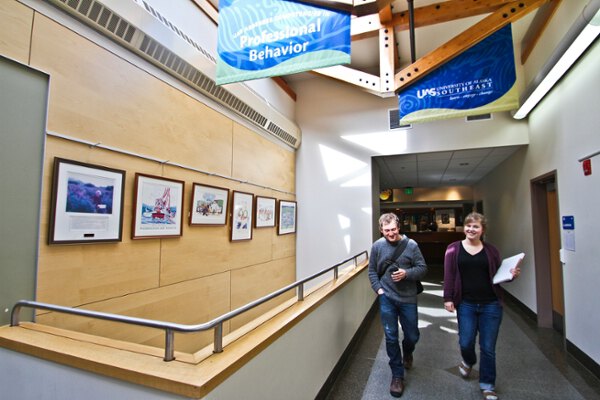
Learning Online
Providing specially-designed courses and even full programs online is essential to our students’ success. Each online course is delivered by the best method for that particular subject combined with individual attention and high-level engagement from our professors. Some programs combine a segment on-campus with an online curriculum. Some utilize a cohort model, where students in the program progress together in a supportive group. All have access to the supportive and dynamic classroom environments found within Blackboard and UAS Connect. Learn more at uas.edu.
"Studying Anthropology, History, and Sociology allowed me to contextualize social theories and appreciate the common origins of humanity."